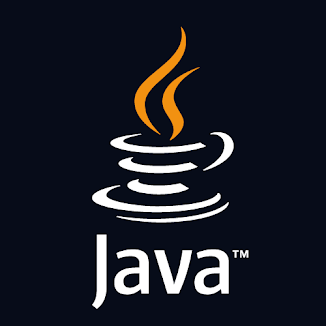what is object-oriented programming (OOP)
what is object-oriented programming (OOP)
Object-oriented programming (OOP) is a programming paradigm
that uses objects and their interactions to design applications and computer
programs. It is based on the concept of "objects", which can contain
data and code that manipulates that data. OOP languages, such as Java, C++, and
Python, provide a means of encapsulating data and behavior within objects and
then using those objects to build more complex systems. This makes it easier to
create reusable, maintainable, and modular code. OOP is one of the most popular
programming paradigms in use today.
Types of Object-oriented programming (OOP)
There are
several types of object-oriented programming (OOP) languages, each with its
own unique features and characteristics. Some of the main types of OOP
languages include:
1. 1. Class-based OOP: This is the most common type of
OOP and is used in languages such as Java, C++, and C#. In class-based OOP,
objects are instances of classes, which define the properties and methods of
the object.
2. 2. Prototype-based OOP: This type of OOP is used in
languages such as JavaScript and Lua. In prototype-based OOP, objects are not
instances of classes, but rather are created by cloning existing objects, which
serve as prototypes.
3. 3. Aspect-oriented programming (AOP): This is a
relatively new type of OOP that is used to modularize cross-cutting concerns.
AOP allows developers to separate out aspects of a program, such as logging,
security, and transaction management, into distinct units that can be easily
reused across the application.
4. 4. Object-oriented functional programming (OOFP):
This type of OOP combines the functional programming paradigm with the OOP
paradigm, it allows the use of functional programming techniques such as
recursion, while still maintaining the benefits of OOP as encapsulation,
inheritance, and polymorphism.
5. 5. Multi-paradigm Programming: Some languages, like
Python, are multi-paradigm programming languages, meaning that they can be
written in different paradigms, for example, OOP, functional programming,
procedural programming, etc.

Comments
Post a Comment